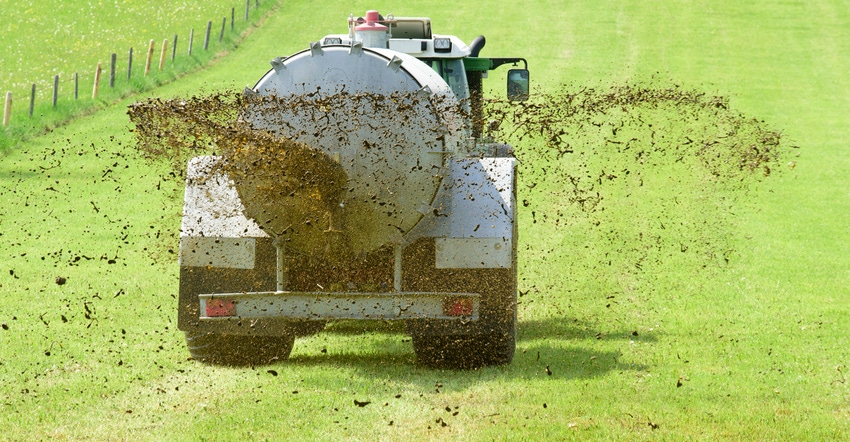
The longtime spreading of biosolids on farms in Maine has raised concerns over levels of PFAS compounds in food and animal feed.
But Maine isn’t the only place where this has been an issue. States across the country have noted issues with PFAS levels in soil and water.
Gary Baise, the author of the Defending Agriculture blog for Farm Futures, wrote about the issue in 2019, saying that PFAS could devastate the farm economy.
According to EPA, 51% of the 4.75 million dry metric tons of biosolids produced in the U.S. in 2019 were land-applied, and 1.4 million metric tons were applied to farmland.
Leah H. Ziemba, a partner with the Michael Best & Friedrich law firm in Milwaukee and industry group co-chairperson for agribusiness, food and beverage, says any farm that has accepted biosolids in the past, or has contracted with a local industrial facility for biosolids, should be aware of the PFAS issue, but it’s also important to remember your level of risk.
“If you have been accepting and spreading these biosolids for a while, obviously your risk is higher than if you’ve just been applying for a short period of time,” Ziemba says.
Also, if you farm near a military installation or an airport, the risk of PFAS is also higher because PFAS compounds are commonly used in firefighting foams at these facilities and could have leaked into groundwater or even caused surface contamination, she says.
But if you have elevated levels of PFAS compounds in your soil or water, is it dangerous? Ziemba says that’s hard to know because there are no uniform federal regulations for soil, groundwater or drinking water limits for PFAS compounds — only state-by-state regulations.
Legal considerations
Ziemba says it is crucial to look at the contractual arrangement with whom you got your biosolids from. That way, if your land did have a high level of PFAS compounds, you will be able to figure out whether they are obligated to conduct soil samples, pay for damage or conduct some sort of follow-up.
“If you're accepting biosolids … look at the contractual arrangement or start to have those conversations if they haven't happened just so you, as a farmer, can get some comfort about the applications," she says.
In Maine, a bill signed last year by Gov. Janet Mills allows up to six years for landowners to file a PFAS claim if they allege damage. Statute of limitations, though, varies by state, so it’s important for landowners to be aware of that.
“That's important because what the trigger for your statute of limitations period is varies by state. The Maine statute ensures a day in court, that at least a farmer can pursue a legal action to assert damages to property or human health, depending on the facts,” Ziemba says. “States that are less clear as to what the trigger is, or the timeline on the statute of limitations, I think there will be efforts to pass clarity there and to certainly allow people that have been harmed, or property that has been harmed, to kind of have their day in court."
The key to almost any legal case is finding the source of the problem, she says, but the waters can get muddied quickly when it comes to a PFAS compound case. Take the example of a farmer accepting hay from another farm that had biosolids spread. If the farmer who accepted the hay wants to file a legal claim, they would have to prove that there was knowledge of high PFAS levels on either the part of the farmer who made the hay, or the company that provided the biosolids. This might not be easy to prove.
“The unique functionality of these compounds causes challenges in the environment,” Ziemba says. “They can change quickly, and getting clear data isn’t easy either.”
About the Author(s)
You May Also Like






